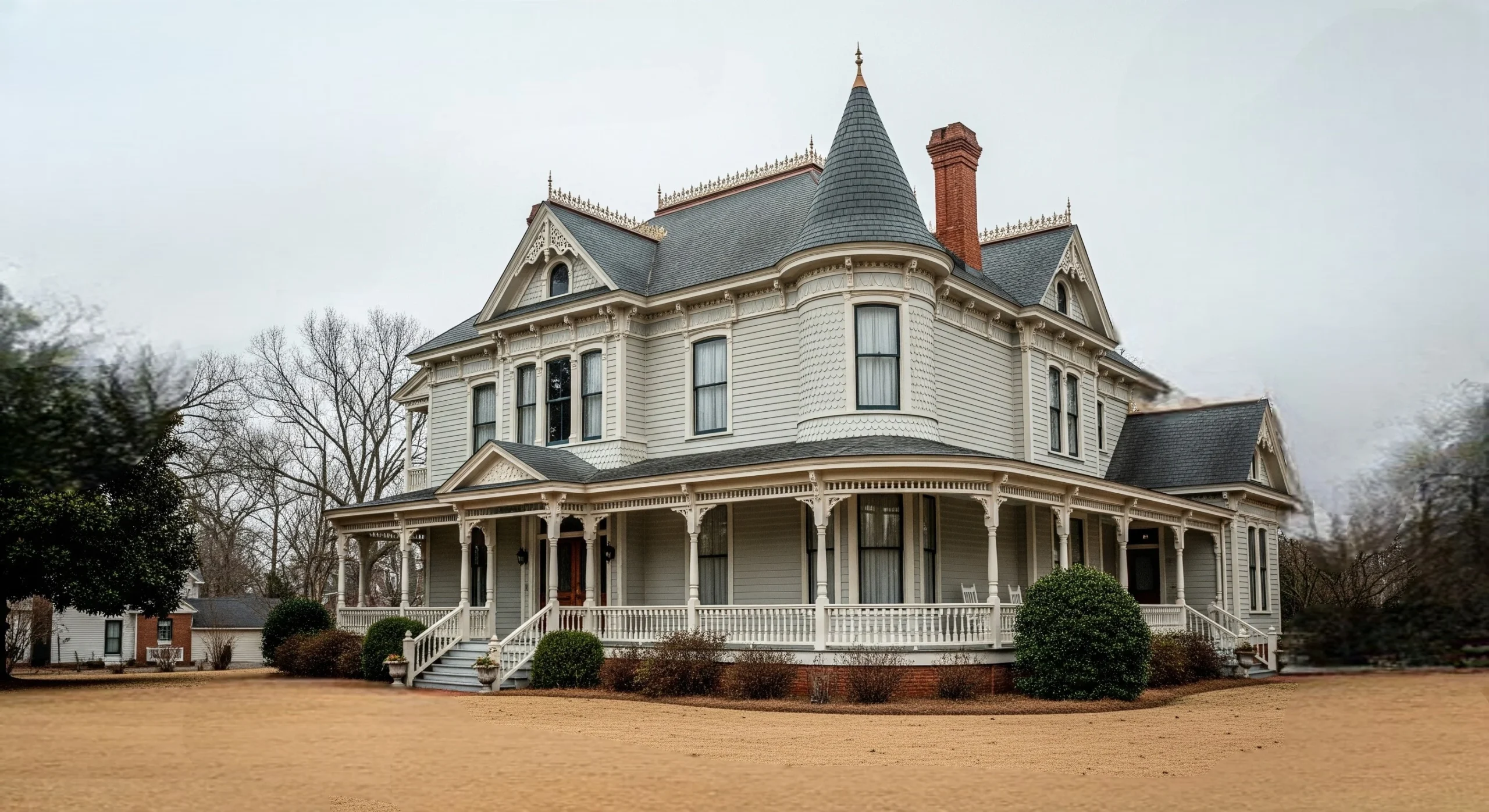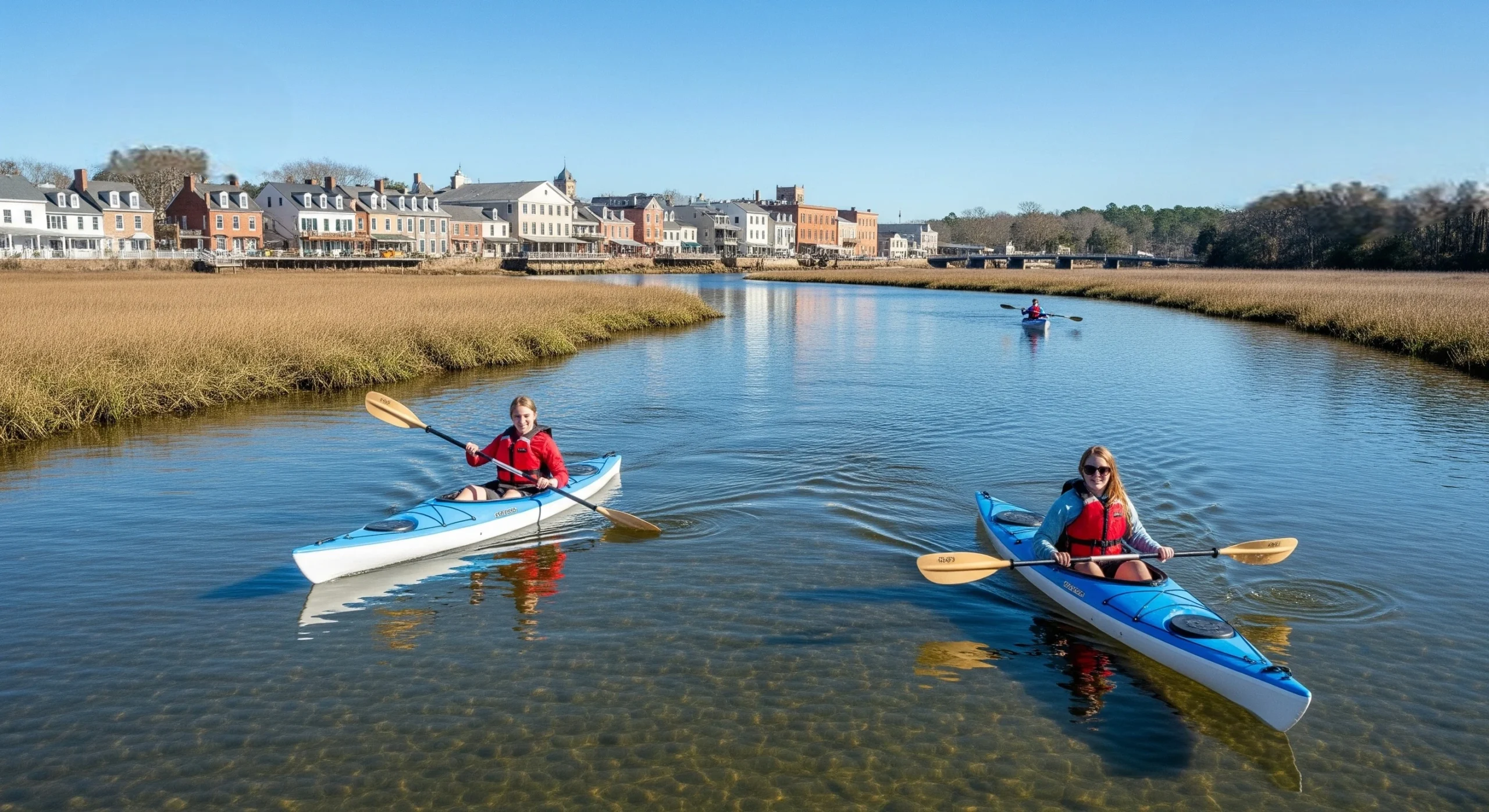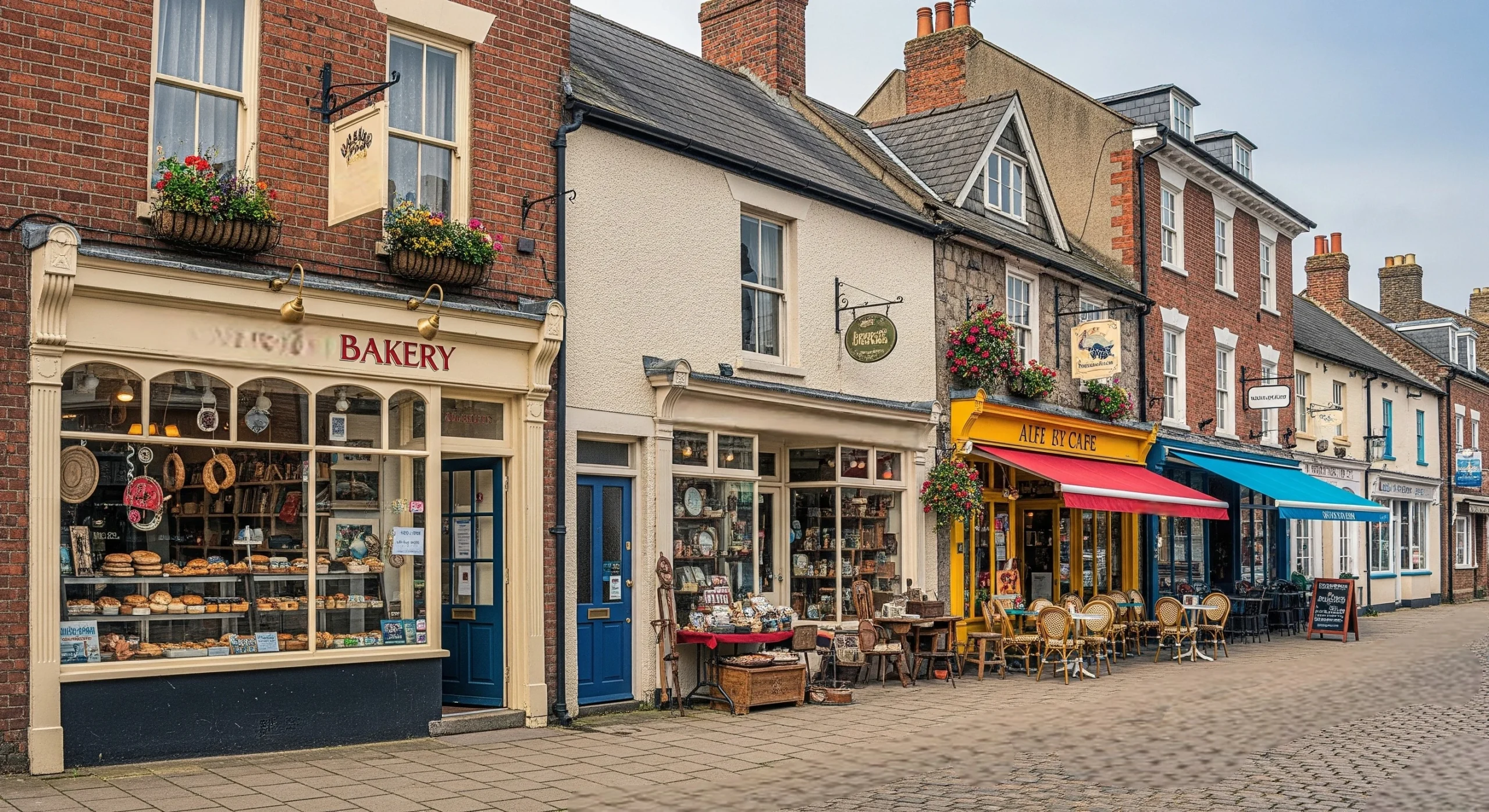North Carolina, a state rich in cultural heritage and architectural beauty, offers a unique lifestyle for anyone living near its historic towns. From colonial-era settlements to Civil War landmarks, these communities blend Southern charm with deep-rooted traditions. Whether you’re considering a move or simply curious about the lifestyle, here are seven compelling reasons why living around a historic town in North Carolina can be a rewarding decision.
1. Timeless Architecture You Can Live In
One of the first things you’ll notice in historic towns like Edenton, New Bern, or Apex is the timeless beauty of their buildings. Colonial, Federal, Victorian, and Craftsman-style homes line cobblestone streets, many meticulously preserved through local historical societies and community efforts.

Living near these well-maintained architectural gems not only provides aesthetic appeal but also contributes to higher property values over time. Preservation ordinances often ensure neighbourhoods retain their historical charm, shielding them from overdevelopment and generic construction.
If you’re interested in purchasing property in these areas, it’s wise to get an opinion from an expert realtor to help you navigate local preservation laws, zoning regulations, and renovation guidelines.
2. A Rich Cultural and Educational Experience
Historic towns in North Carolina serve as living museums. Take Bath, the state’s oldest town, which still tells tales of Blackbeard the pirate and colonial commerce. New Bern offers insights into the birth of Pepsi-Cola and the state’s colonial governance, while Old Salem in Winston-Salem lets residents and visitors step into 18th-century Moravian life.
Living near such culturally enriched environments benefits both adults and children alike. Residents gain firsthand access to reenactments, museum exhibits, historic homes, and local folklore. Schools in these areas often integrate local history into their curriculum, providing an enriched learning experience for students.
Additionally, events like Revolutionary War reenactments and colonial fairs offer engaging weekend entertainment right in your backyard.
3. Tight-Knit Communities with Strong Identity
One standout feature of historic towns is the strong sense of community. Because these towns are often smaller and rooted in shared traditions, residents tend to be more engaged and interconnected. In places like Beaufort or Hillsborough, neighbours know one another, and community pride runs deep.

Residents are frequently involved in preservation groups, art councils, and local festivals. Seasonal events such as Christmas Candlelight Tours or Founders Day Celebrations create ample opportunities to connect and participate. This social fabric fosters safety, mutual support, and a deeper sense of belonging.
Many people moving from urban or suburban sprawl to these areas find the slower pace and meaningful relationships a welcome change from more transient lifestyles.
4. Access to Nature and Outdoor Recreation
North Carolina’s historic towns aren’t just culturally rich—they’re also surrounded by natural beauty. Many sit beside rivers, along the coast, or near the foothills of the Blue Ridge Mountains. For example:
- Edenton is bordered by the Albemarle Sound, perfect for kayaking or sailing.
- Tryon, located near the Blue Ridge foothills, offers equestrian trails and hiking.
- Bath is known for peaceful waterside views and excellent fishing.

Even Apex, while now a thriving suburb, grew from its railroad-town roots and maintains historic districts surrounded by scenic walking paths, parks, and green spaces.
This balance between cultural significance and natural access makes these towns ideal for those who enjoy a slower-paced, wellness-focused lifestyle. Whether it’s morning walks by the water or family picnics near Revolutionary War markers, the outdoors is always nearby.
5. Strong Real Estate Investment Potential
Historic towns can offer a solid long-term real estate investment. Property values in well-preserved areas often appreciate steadily, particularly as demand for homes with character increases. Buyers looking for homes with distinct features arched doorways, heart pine floors, and original mouldings, won’t find them in modern cookie-cutter developments.

Moreover, historic properties often qualify for tax incentives and grants for restoration, especially if listed on the National Register of Historic Places. North Carolina has a well-developed historic preservation tax credit program for both residential and income-producing properties.
Tourism helps fuel the local economy, driving demand for vacation rentals and boutique stays. For entrepreneurial buyers, the chance to turn a 19th-century home into a bed and breakfast or art gallery can be both financially and personally rewarding.
6. Unique Local Businesses and Artisan Culture
The character of historic towns is reflected in their business communities. You’ll often find artisan bakeries, antique shops, vintage bookstores, and locally-owned cafés nestled in 100-year-old buildings. These small businesses contribute to a unique shopping and dining experience you won’t find in larger cities filled with national chains.

Towns like Southern Pines and Hillsborough have thriving arts scenes, including galleries, pottery studios, and local theatre groups. Regular events like farmers’ markets and craft fairs also foster a local-first economy.
Living in these towns means direct access to locally grown food, hand-crafted goods, and a rich network of artists and entrepreneurs. Supporting these small businesses helps preserve the authenticity and resilience of the community.
7. Peace, Safety, and Low-Crime Environments
Many historic towns in North Carolina maintain a slower pace of life that appeals to retirees, families, and remote workers seeking tranquility. With a strong community presence and active citizenry, these towns generally have lower crime rates compared to larger metropolitan areas.
For example, towns like Pinehurst, Blowing Rock, and Davidson consistently rank among the safest places to live in the state. Their historic roots often mean long-standing relationships with law enforcement and a higher degree of neighbourhood vigilance.
This peaceful environment is perfect for those seeking a secure place to raise children, start fresh, or retire comfortably.
Choosing to live in or around a historic town in North Carolina offers more than just a beautiful view; it’s a lifestyle rooted in cultural richness, community spirit, and long-term value. Whether you’re drawn by architecture, education, investment potential, or the charm of slower living, there’s no shortage of reasons to call one of these towns home.
By aligning your lifestyle goals with the benefits that historic towns offer, and with guidance from a seasoned real estate professional, you can find a home that speaks to your love for heritage and quality of life.




